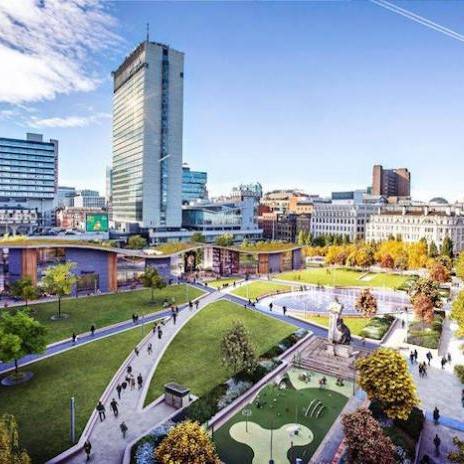April 26, 2019
Emerging megacities will outperform developed megacities by 2025
As urban world is moving towards the developing world, GlobalData, a data and analytics company, forecasts that 88 percent of the world megacities will be based in the developing economies of Asia, Europe & Central Asia, Latin America and Middle East & Africa by 2025. Out of 44 megacities in the developing world, GlobalData has identified 26 that will outperform developed cities by 2025. The company forecasts that the share of emerging cities to the world’s gross domestic product (GDP) will increase from 7.2 percent in 2018 to 8.3 percent in 2025 while the share of developed cities to the world GDP will decline from 8.1 percent to 6.8 percent during the period.










 Insecure managers who worry that their performance could be undermined by competent subordinates can end up ostracising talented employees they feel are a threat to their own position. According to an paper published in
Insecure managers who worry that their performance could be undermined by competent subordinates can end up ostracising talented employees they feel are a threat to their own position. According to an paper published in 








 The economic performance of UK cities is increasingly dependent on the skills of their workforce. Cities across the UK face the challenge of both attracting and retaining high-skilled talent. The
The economic performance of UK cities is increasingly dependent on the skills of their workforce. Cities across the UK face the challenge of both attracting and retaining high-skilled talent. The 












April 8, 2019
Navigating organisations through digital transformation
by Ian Tickle • Comment, Technology
(more…)